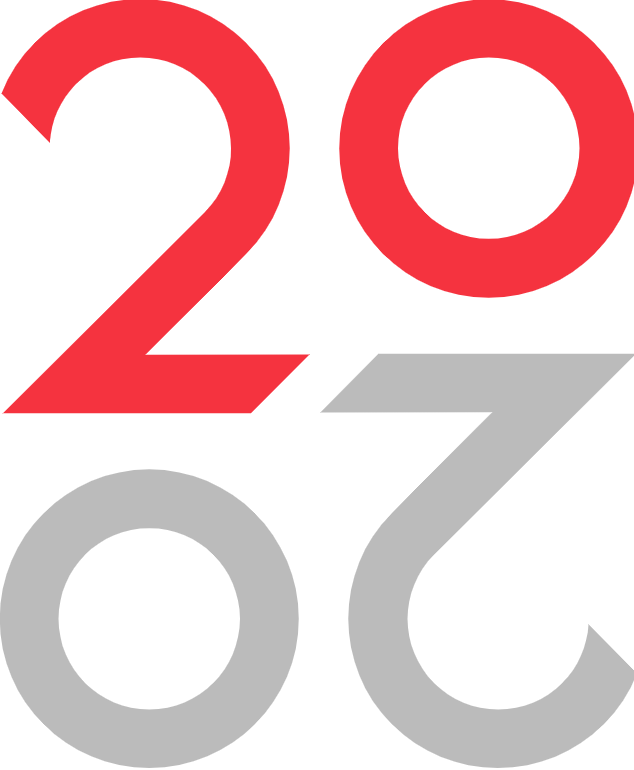ABOUT

Welcome to the APM Competence Framework 3rd edition.
We are living through a period of significant change, something the project profession is
well equipped to manage. For this edition of the framework, our intention was to reflect the
established good practice within the profession, and the emergent themes professionals will
need to address to manage future challenges.
We knew from our early research from across the profession that the foundation of the
previous edition of this framework remained relevant, and so our intention was to build on this
with key changes that better reflect the changing world of projects today.
In response we’ve introduced two new competences: ‘Sustainability’ and ‘Diversity and
inclusion’. Our research showed that the climate crisis is something no organisation or
professional can ignore, while delivering projects to benefit our diverse society is also a key
concern. We hope their inclusion enables you to embed sustainability into all aspects of your
organisation’s project work, and to empower diverse teams to achieve better project outcomes.
We’ve also updated the existing competences to make them more relevant to how projects,
programmes and portfolios are managed today. There is more emphasis on life cycle options,
the use of data, behaviours and different ways of working, which are embedded across the
whole framework.
In line with above, we’ve taken the opportunity to align the framework more closely to the
APM Body of Knowledge 7th edition. For example, we use the term ‘change initiative’ to refer
collectively to projects, programmes and/or portfolios. The structure, too, has been reordered
to mirror the APM Body of Knowledge chapters, as you move through the project life cycle.
We’d encourage you to make use of the APM Competence Framework and to tailor it to your
own specific needs, whatever your preferred methodology or life cycle. We’d also encourage
you to make use of extra resources, such as APM’s role profiles, to bring the framework to life
and show how it can apply to different project roles.
Finally, we’d encourage you to use this framework to raise professional standards, to enable
project professionals and team members to identify and develop new skills or build on existing
ones and, more widely, to raise awareness of the project profession and the benefits to society
that it brings.
Jackie Martin
Director of Education and Lifelong Learning